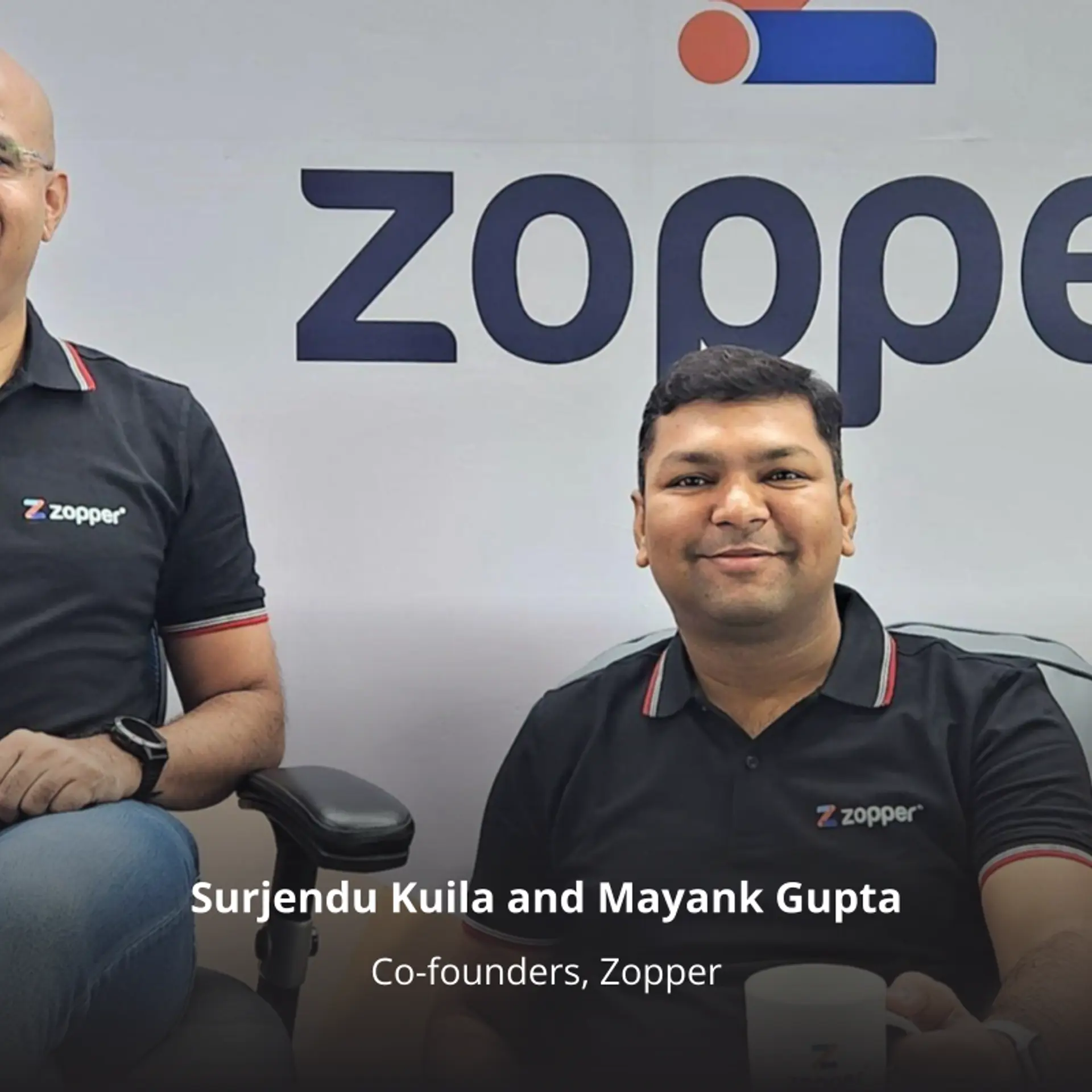From cancer support to revival of crafts, robotics: these startups are creating a social impact
This week’s top 5 social stories are all about non-profits and social enterprises who have adopted creative and innovative ways to address multiple problems faced by society.
After losing her husband to cancer, this IIM alumnus is healing cancer with love
In 2016, Nitesh Prajapat was diagnosed with Stage 3 colorectal cancer. Thereafter, he and his wife, Dimple Parmar, spent sleepless nights trying to study different ways of defeating this dreaded disease.
From understanding the nature of cancer and how it can multiply and foster in one’s body to allopathic medications and holistic treatments, including dietary changes, yoga, meditation, and naturopathy, the duo charted out a list on “do’s and don’ts” for cancer. They wanted to share information and soon started Love Heals Cancer, a Mumbai-based non-profit organisation.

Dimple and Nitesh
Also read: Meet 5 Indian startups you didn’t know were working on making cancer easier to diagnose
The organisation was founded with a clear objective of increasing awareness about cancer and its prevention along with helping patients get through the journey with someone always by their side. Dimple, who understands the pain and suffering that family members and caregivers go through, also extends support to them as well.
After Nitesh’s demise in March 2018, Dimple continued to work on his dream. Today, she runs the organisation with volunteer groups across metro cities in India. Over the past year, Dimple has reached out to over 1,000 cancer patients and families across the globe, and has provided them counselling services.
Delhi college students work towards reviving a dying form of art in Punjab
Through Project Virasat, the students of Shri Ram College of Commerce are on a mission to preserve the traditional craft of making copper and brass utensils by the Thatheras of Jandiala in Amritsar. Over 50 students from SRCC unified all the artisans of the community and guided them to form a self-help-group (SHG). The students also roped in two designers - Dolly Singh, a retired designer, and Kirti Goel, a freelancer who’s a recent graduate from Pearl Academy.
15565436320001556887291868.png?fm=png&auto=format)
Manoharlal, a craftsman, carving a copper utensils in Jalandiala
Also read: This 59-year-old bus driver is on a green drive, maintains a mini garden in his bus
The students have also employed a person to take care of the logistics and supply on a regular basis. All the revenue that is collected after selling the copper and brass utensils is reinvested to purchase raw material after distributing a fair share of it to the thatheras. They now receive close to Rs 9,000 compared to a few years ago when they used to get a meager Rs 2,500 in hand.
Mumbai-based Fluid Robotics uses robots to manage urban water infrastructure
Started in 2016, Fluid Robotics uses AI-powered solutions to diagnose water and wastewater pipeline networks to address the growing urban issues of water loss and water pollution. The company currently develops multi-sensor robots that can inspect pipes as small as six inches in diameter and as large as 5x5 meter tunnels. The product is deployed in two critical areas: for better pipeline asset management and for cleaner lakes and rivers.

Founders of Fluid Robotics
The company has been able to take the river and lake rejuvenation model to more cities across India including Pune, Hyderabad, and Bengaluru as an ideal solution for urban water pollution problems. Fluid Robotics has also garnered top recognition in the Water Automation & Instrumentation category at the 2018 Water Awards in New Delhi.
Here’s an app to help dyslexic students learn better
Dyslexia is the most common learning disability found today. At its core, it makes reading - perhaps the most important part of school education - difficult. In order to bring a solution to this problem, four students from Mukesh Patel School of Technology Management & Engineering from Mumbai - Tushar Gupta, Mudita Sisodia, Schezeen Fazulbhoy, and Mitali Raju (all in their 20s) - have developed an app to help dyslexic children learn better.

Team Augmenta 11y
The recently-launched Augmenta11y, available for free for both Android and iOS users, helps children with dyslexia read books using the camera on their phone. The app makes use of Augmented Reality (AR) to show the text in a dyslexia‐friendly format, and has several other customisable features that make reading much easier.
These nonprofits are empowering Indian labourers through policy and legal help
Around 80 percent of the employment pool in India comes from the informal sector, and Labour Day serves as a yearly reminder of the struggles faced by these workers.

While both the central and state governments have created multiple platforms for the welfare of the worker community, non-profit organisations too have joined to help them against any form of exploitation, and are empowering them with policy and legal help. We have highlighted four such organisations that are working with different labour communities across India.






